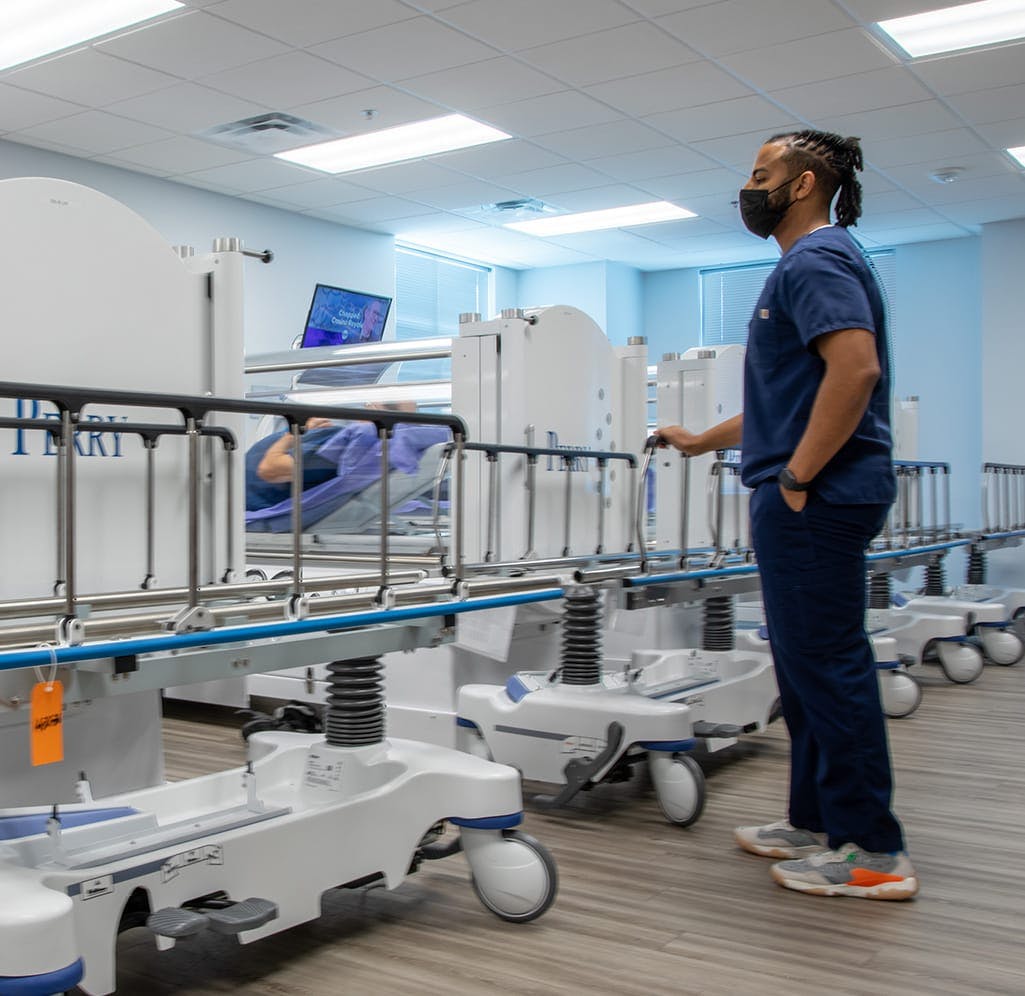If you live with a chronic condition like diabetes or kidney failure, you are at risk of developing a bone infection. At Wound Evolution in Fort Worth, Dallas, San Antonio, Texas, and Overland Park, Kansas, our team of wound care specialists provide advanced and holistic treatments to ease the uncomfortable symptoms of bone infections. To schedule an appointment, call or book online today.



What Are the Symptoms of a Bone Infection?
The exact symptoms of a bone infection depend on the severity and location. Our providers can help accurately diagnose a bone infection. Some of the most common signs of a bone infection include:
- Fever
- Swelling
- Redness
- Warmth
- Pain near the site of infection
- Fatigue
Some people don’t experience any symptoms. This is particularly true for older adults, infants, and people with compromised immune systems.
How Is a Bone Infection Diagnosed?
To diagnose bone infection, the Wound Evolution - Wound Care and Hyperbaric Medicine team conducts a thorough physical exam, reviews your symptoms, lifestyle, and medical history. During the exam, your provider gently presses on the affected bone, looking for signs of swelling, tenderness, or warmth.
Next, your provider orders blood tests. If you have elevated levels of white blood cells, it indicates that your body is fighting an infection. A blood test can’t diagnose a bone infection, but it can give your provider clues to determine other tests you might benefit from. If necessary, your provider might also order X-rays, an MRI, or a CT scan. These imaging tests provide detailed pictures of your bones, joints, and soft tissue.
How Is a Bone Infection Treated?
Bone infections almost always require surgery. During your operation, the team at Wound Evolution - Wound Care and Hyperbaric Medicine drains the affected area, removes the diseased or dead bone and tissue, and restores blood flow to your bone.
If you smoke, it’s important you quit prior to surgery to prevent further complications. Following your operation, your provider connects you to IV antibiotics. You’ll receive several IV treatments over the course of six weeks, combined with a course of oral antibiotics.




